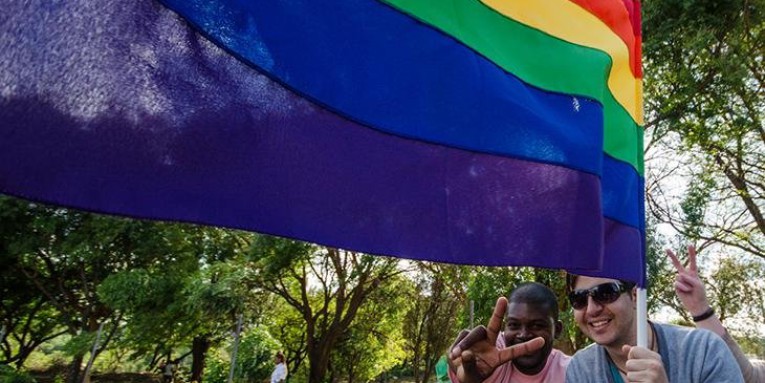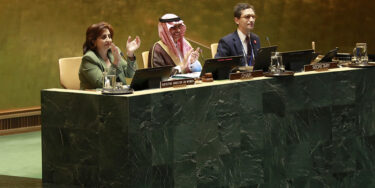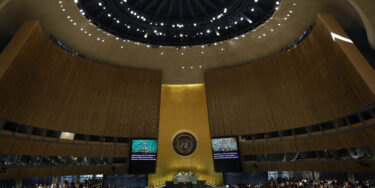Some African Countries Are Trying to Use Science to Make Homophobic Laws, Now African Scientists are Pushing Back
17.06.15
Some African countries have tried to use science to justify laws that criminalize homosexuality.
Over the last few years, a number of African countries have passed legislation to outlaw homosexuality, painting it as unnatural and un-African. On June 10, scientists and other academics took a stand against such discriminatory legislation, as Linda Nordling reports for Nature. The Academy of Science of South Africa released a report refuting and condemning the legislation during a recent conference on AIDS research in Durban, South Africa.
The report draws from an array of academic fields, arguing that anti-homosexuality laws have neither a basis in science nor history nor philosophy. The researchers aim to debunk some key misconceptions about homosexuality, namely that it’s “socially contagious,” encourages pedophilia and paves the way for HIV and AIDS. In fact, the researchers conclude that such laws actually make it more difficult to monitor and control sexually transmitted infectious diseases.
To bolster their case, the panel also cites biological evidence for sexual orientation and historical evidence for same sex relationships in Africa dating back to the 19th century. “There is no basis for the view that homosexuality is ‘un-African’ either in the sense of it being a ‘colonial import’, or on the basis that prevalence of people with same-sex or bisexual orientations is any different in African countries compared to countries on any other continent,” they write. Some of the laws draw on religious and anti-Western sentiment. However, the strong reaction from African scientists is largely due to the fact that in some cases, science has been used to justify some of this legislation.
By Helene Thompson




